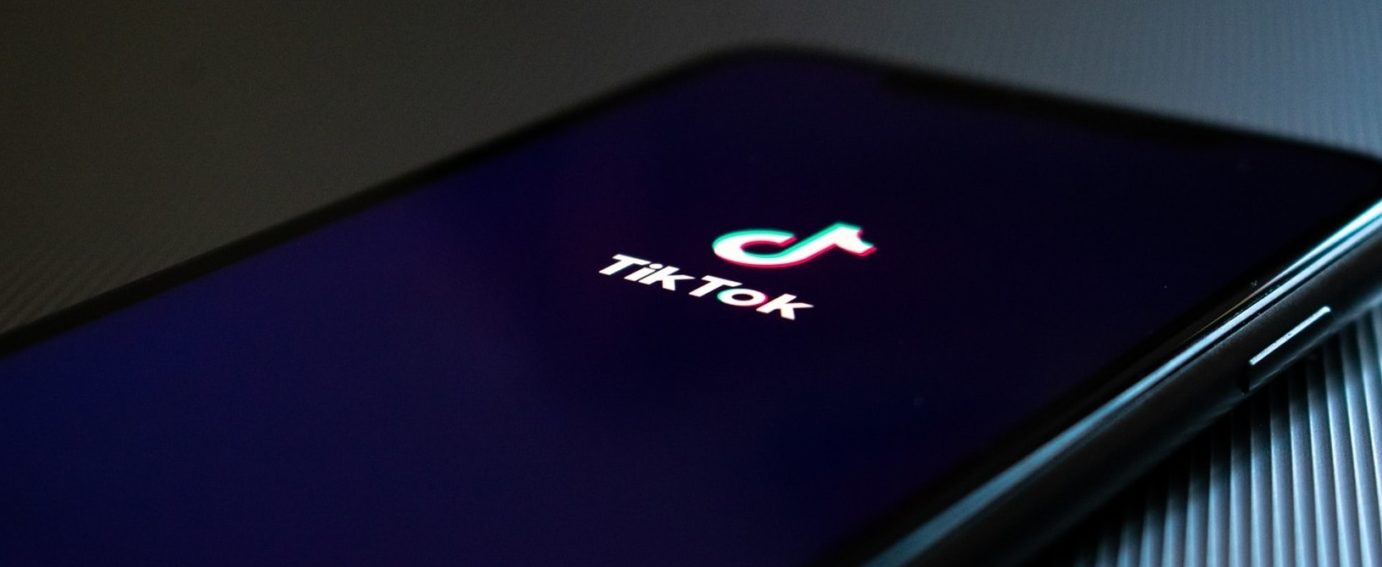How TikTok is promoting anorexia and bullying
Ever heard of TikTok? Launched in 2017, the app has become the seventh most downloaded app of the decade from 2010 to 2019. The app allows users to create short videos of themselves by choosing background music from a wide variety of music genres to share with others on TikTok. Recently, the app has become scrutinised for promoting pro-eating disorder content on their app.
A San-Francisco teen, Lily, was shown videos of people eating ice chips, sleeping all day to avoid eating and fasting for days on her TikTok “For You” page. A user’s “For You” page is a feed of videos that are recommended to users based on their activity on the app. Content is generated by TikTok depending on what kind of content a user liked, interacted with, or searched.
TikTok employs artificial intelligence to analyse users’ interests and preferences to display a personalised content feed for each user. This means that people can have videos about eating disorders even if they do not follow anyone who posts about disorders, weight loss or diets.
The app’s community guidelines ban videos that “promote eating habits that are likely to cause health issues”, specifying pro-anorexia content or that which encourages dangerous weight loss behaviours. Yet, there are videos of people uncritically displaying or joking about these behaviours. This was Lily’s experience. Glorifying eating disorders has serious implications for an app whose main demographic are teenagers and children.
Glorifying eating disorders has serious implications for an app whose main demographic are teenagers and children
Beyond individual accounts, there are multiple popular TikTok sounds — a function that allows audio from an original video to be easily re-used to accompany new videos — about eating disorders. In one sound, a voice asks “how much more weight are you going to lose?” and another replies “I won’t be happy until I reach zero”. More than 460 videos on the platform use this sound, and most of them are about eating disorders.
There are some steps that have been taken to stop this glorification such as removing well-known pro-anorexia search terms. This is instead directed to a support page titled ‘Need Help?’. However, common misspellings of these terms still return examples of harmful eating disorder videos. For those that do suffer from an eating disorder or are recovering from it, having videos such as these can cloud your judgment on what is and isn’t okay. But more so, these videos can perhaps encourage such individuals that starving themselves is appropriate.
Anorexia is not the only thing that TikTok has been scrutinised for. The app has suppressed videos made by people it deemed as vulnerable to bullying, such as people with disabilities and those in the LGBT+ community. An excerpt leaked from TikTok’s rulebook, posted by Netzpolitik, gave specific examples of what moderators were told to look out for. “Subject who is susceptible to bullying or harassment based on their physical or mental condition,” read the excerpt. “Example: Facial disfigurement, Autism, Down Syndrome, Disabled people or people with some facial problems such as birthmark, slight squint and etc.” This approach is not an effective way at dealing with cyberbullying.
TikTok’s policy may have been aimed at managing bullying but the approach is entirely ineffective
The app was aimed to be used for entertainment purposes by posting videos of lip-syncing and music videos. How can something so aimless and entertaining be suppressed because those individuals do not fit into a ‘norm’? TikTok’s policy may have been aimed at managing bullying but the approach is entirely ineffective. TikTok’s policy promotes the idea that these individuals should not be on social media and that their voices, or faces for that matter, should be removed. Rather than preventing online harassment, by adopting this policy, it is really contributing to the dangers of online harassment. Why should people who are subject to harassment be silenced? Such individuals are underrepresented in society already and having this policy increases their feeling of alienation.
TikTok, as one of the biggest social media apps of the decade, should increase its regulation to prevent this from happening. Social media is constantly under criticism from regulators. But having an app that does not moderate its usage is dangerous. It is harmful for a person’s mental, physical and emotional health. I urge those of you who use the app to be careful with what you watch and what you promote. Our words and our actions do have consequences and implications. Before you post your next music video, please ask yourself whether this is something you want to promote and publicise to others.

Comments